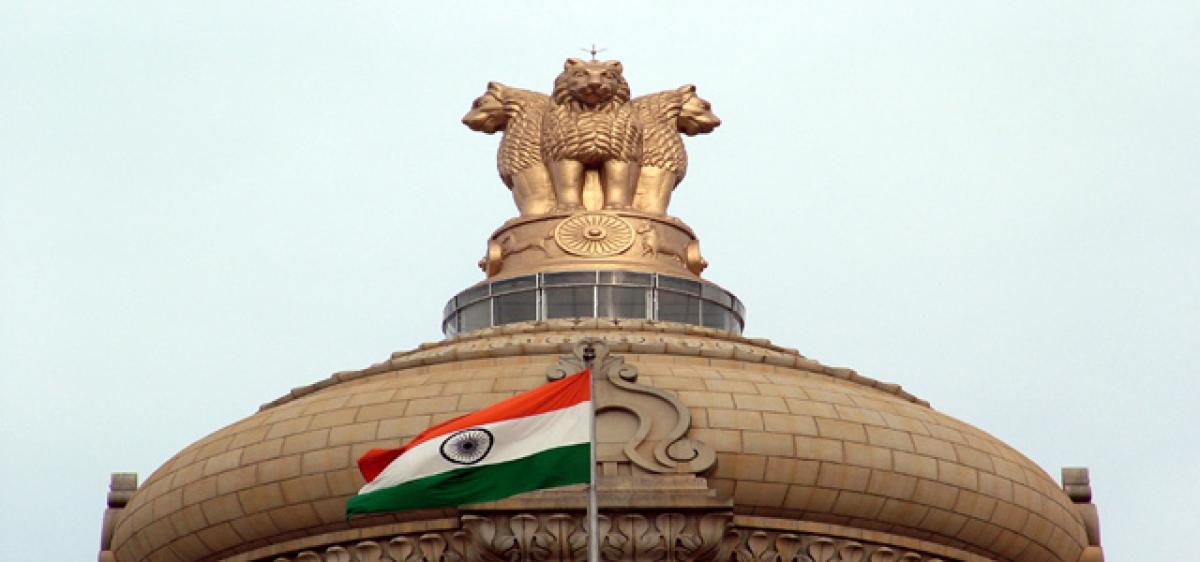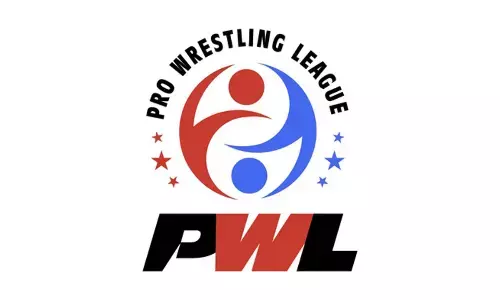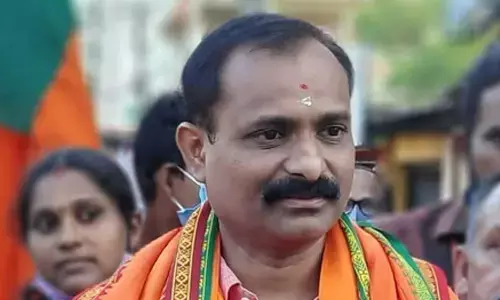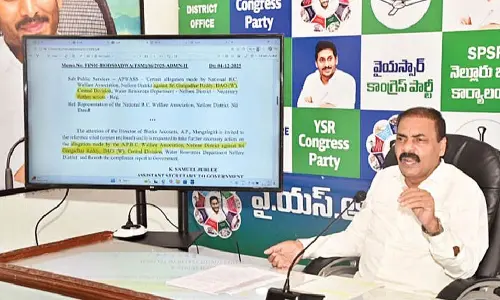The Liberal theory

There are several theories of the state which define the origin, nature, sphere, functions and ends. They often differ in form and substance from one another. We shall now deal the above theories of the state in detail.
There are several theories of the state which define the origin, nature, sphere, functions and ends. They often differ in form and substance from one another. We shall now deal the above theories of the state in detail.
Liberalism was a reaction against the breakdown of feudalism and the replacement of market or capitalist society in its place. Early liberalism was closely linked with rising industrial middle class. In its initial stages it was a political doctrine.
It attacked absolutism and feudal privilege and it advocated constitutional and representative government at later stage. The liberalism embraced the economic doctrine of laissez-fair capitalism which was antagonistic to all forms of government intervention in the 19th century.
It was a bedrock of classical liberalism. However, liberalism took the form of social liberalism from the late 19th century which supported state intervention in economic sphere which led to the concept of welfare state.
The concept of welfare state or the inclination towards state intervention is the predominant feature of modern liberalism. Thus, the theory of liberalism took the shapes of classical and modern forms.
Classical liberalism
This is an extreme form of individualism. The individuals are seen as egoistical, self seeking and self reliant creatures. In the words of C.B.Macpherson it is known as possessive individualism which emphasises proprietorship of own persons and capacities which owe nothing to society or other individuals except himself.
It is a negative liberty which emphasises non-interference or the absence of external constraints upon the individual. This automistic view of the society is deeply unsympathetic attitude towards the state and all forms of government intervention.
In the above context Tom Paine has stated that the state is a necessary evil. It is necessary because it establishes order and security and ensures the enforcement of contracts. It is evil because it imposes a collective will of the society, limiting the freedom of the individual.
Thus, classical liberal state is a minimal or night watchman state which confines the state activity to protect the citizens from the encroachment of fellow citizens. In the economic sphere classical liberalism advocates free market and laissez-fair doctrine which guarantees personal prosperity allowing individuals to rise and fall according to individual merits.
Modern liberalism
This allows more state intervention paving the way for big government rather than minimal government. This shift was taken in the liberalism out of the recognition that industrial capitalism had merely generated new forms of injustice and left the mass of the population subject to the vagaries of the market economy.
The new liberals like J.S.Mill, T.H.Green, L.T.Hobhouse and J.A.Hobson advocated the positive view of freedom. The positive view of freedom does not mean leaving the individual alone which implies nothing more than the freedom to starve rather linked to personal development and the flourishing of the individuality. It means that it aims at the ability of the individual to gain fulfillment and achieve self realisation.
The positive view of freedom led to the social or welfare liberalism. It allows state intervention particularly in the form of social welfare that can enlarge liberty by safeguarding individuals from the peril of social evils. These evils were identified in the UK by Beveridge report as the five giants: Want, ignorance, idealness, squalor and disease.
The modern liberals abandoned their faith in laissez-fair capitalism largely due to J.M.Keynes Theory of managed or regulated capitalism which places high economic responsibilities in the hands of the state. Modern liberals support for collective provision and government intervention as always being a conditional one.
Modern liberals were sympathetic to the plight of the weak and vulnerable but their aim is to uplift the individuals to the positions which enable them to take responsibility for their own circumstances and enrich their moral well-being. John Rawls is the most influential modern liberal who has undertaken the politics of welfare and redistribution with his theory of justice.
The attraction of liberalism is its unrelenting commitment to individual freedom, reasoned debate and to balance within diversity. Liberalism is not merely an ideology but a meta ideology which is the body of rules that lays down the grounds upon which political and ideological debate can take place.
In other words liberalism gives priority to 'the right' over 'the good'. Liberalism creates conducive atmosphere in which people and groups can pursue the good life as each defines it but it does not prescribe or try to promote any particular notion of good life.
Recently, after the fall of communism in the socialist bloc of erstwhile Soviet union and East European countries, Francis fukuyama the so called 'end of ideology' theorist has proclaimed the final worldwide triumph of liberalism. It means there is no viable alternative to market capitalism as the basis of economic organisation and to liberal democracy as the basis of political organisation.
By: P Balabrahmaiah
Writer is Ex-Chief Finance and Accounts Officer, ICAR
















